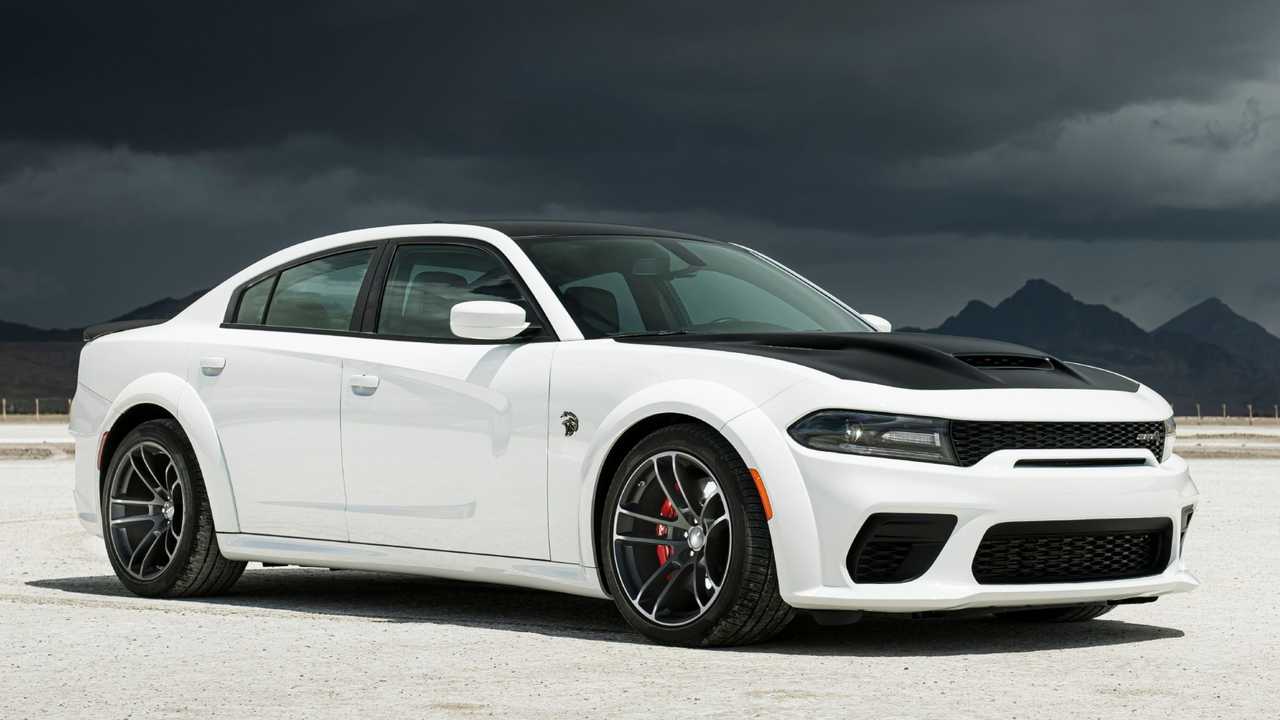In a historic transition towards sustainable mobility, several beloved car models are reaching the end of the road, slated for discontinuation in 2024. From iconic muscle cars to electric vehicles, automakers are embracing the electric revolution, leading to the retirement of some long-standing favorites.
Dodge Charger and Challenger: The powerful Dodge Charger and Challenger, revered as symbols of American muscle, are set to retire later this year, according to a statement from parent company Stellantis. The Charger and Challenger have enjoyed immense popularity, with the Challenger even crowned as the No. 1 muscle car in the country in 2021. Stellantis aims to spearhead a bright new electrified future, targeting 50% of its U.S. passenger car and light-duty truck sales to come from electric vehicles by 2030.
Audi R8 and TT: Audi is bidding farewell to its cherished R8 and TT models, making strides towards becoming a fully electric company by 2033. The R8, which made its debut in 2006, will no longer be available in the U.S., leaving an electric successor yet to be announced. Similarly, the TT, which first hit the market in 1998, will be phased out globally as the compact two-door coupe and roadster segments shrink worldwide.
Kia Stinger: Kia will halt production of the Stinger, a fastback sedan that debuted in the U.S. in 2019, after the 2023 model. Despite the Stinger’s impressive sales record of over 65,000 units in the country, Kia is strategically focusing on innovative products, including forthcoming electric vehicles.
Nissan Maxima: After a remarkable 42-year journey, Nissan is bringing the production of the Maxima to a close in mid-2023. This decision aligns with Nissan’s emphasis on electric vehicles, with a goal of achieving 40% fully electric vehicle sales by 2030. The shift away from large sedans towards SUVs further influenced this decision.
Chevrolet Bolt and Bolt EUV: One of the most recognized electric car brands, Chevrolet’s Bolt and Bolt EUV models, are on their way out due to the automotive industry’s amplified focus on electric vehicles. General Motors CEO Mary Barra confirmed the end of production for these models by the end of 2023. Speculations suggest that this move aims to expedite production for GM’s other electric offerings.
Discontinued Models among Luxury Brands: Luxury automakers are also joining the transformative movement, discontinuing select models in 2024.
McLaren ceased production of its 720S supercar last year to pave the way for the 750S, with deliveries expected in the fourth quarter.
Mercedes-Benz is bidding farewell to several models, including the CLS nameplate in August, and ceasing production of the C-Class Coupe and Cabriolet, as well as the E-Class Coupe and Cabriolet this summer. In place of these models, Mercedes-Benz is introducing the new CLE Coupe and CLE Cabriolet, promising more space, dynamism, and sportiness.
The changing landscape of the automotive industry is heralding a new era of electrification and sustainable driving. As automakers transition towards electric vehicles, these discontinued models serve as the heralds of a transformative and eco-conscious future for the automobile industry. The road ahead promises to be electric, innovative, and built on the foundation of environmental responsibility.


